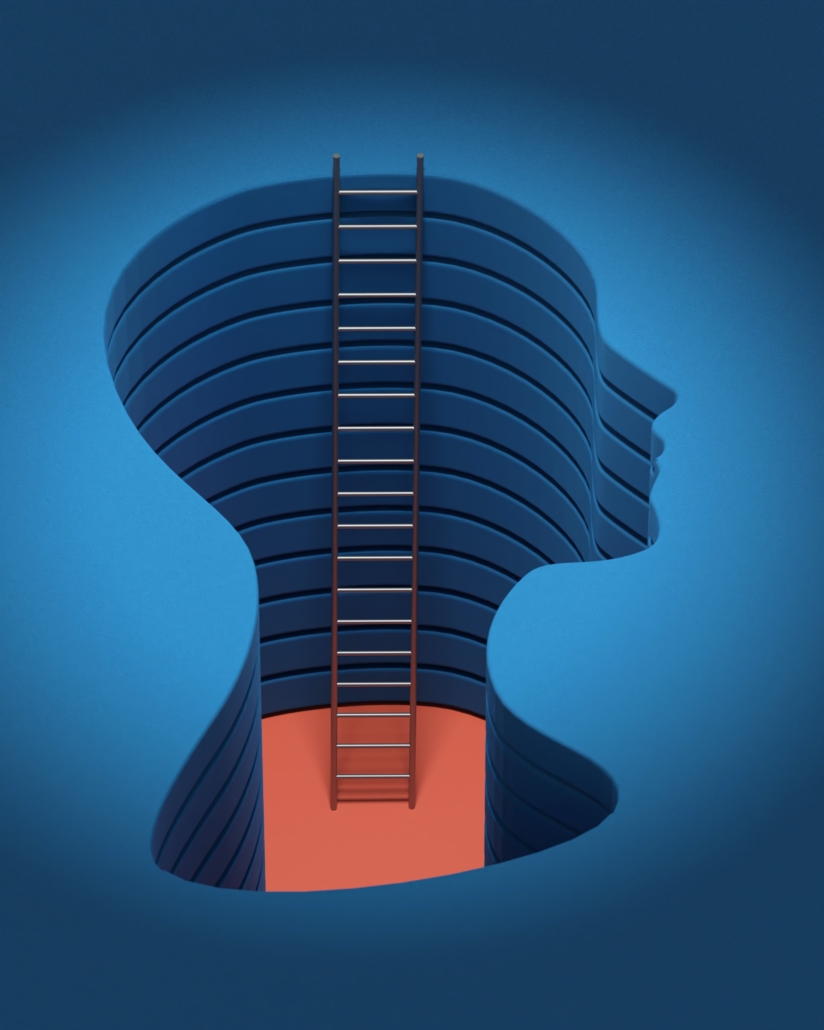A pro-choicer has doubts: “Is this really the hill I want to die on? I’m basically Thanos.”
My brother Neil (also an atheist) has spent most of his adulthood in secular, left-leaning cities on the West coast with in-person social circles which are almost entirely pro-choice. Years ago, while sitting around the living room with his three college roommates, Neil started talking about reasons he opposes abortion.
One roommate, Shawn, adamantly disagreed, and he and Neil got into a (civil) debate. The debate came to a standstill when Neil pointed out that Shawn’s concepts of personhood would exclude newborn infants, and Shawn conceded the point. Neil responded, deadpan: “Well, kudos to you for being consistent.” They left the conversation at that.
Years later, Shawn let Neil know that he no longer considers himself pro-choice, and he traces the beginning of his conversion to their college living room conversation.
I spoke to Shawn about how he came to change his mind, and he gave me permission to share some of his thoughts here.
Shawn explained:
Being roommates with Neil was interesting. He thinks about and brings up abortion issues quite often, almost out of nowhere. This particular conversation was between us and two other roommates, all guys. (One of the other roommates is a close friend of mine, and he has also since become pro-life.)
Anyway, during that conversation, Neil drove me into a philosophical corner. There is no denying that embryos are alive. I don’t know how anybody denies that our lives start at conception, biologically. Neil pushed further. “Do you think the life has value?” I said no, value isn’t intrinsic. He asked more, and I ultimately said this would apply even to a newborn. I said something like “If a mother chooses to kill her own baby after he’s born, so be it.” I was trying to defend some intellectualized opinion, but I knew in my heart that’s not really what I believed. If I really saw that situation, I wouldn’t be fine.
We ended the conversation, but it left a bad taste in my mouth. It really got to me. I thought “Is this the hill I want to die on? I’m so proud that I’m intellectually consistent on this point–that life is not intrinsically valuable? I’m basically Thanos.”
The experience opened my eyes to how dark my worldview was. It was too nihilistic. I don’t think it’s even sustainable. What is the value of my life? What is the value of your life? I started to think “Well, at least in my heart I do believe individual lives hold a lot of value.”
At that time I was very libertarian, and Neil was fairly libertarian too. I felt comfortable talking to him about many issues because we had plenty of overlap, but on the abortion issue he seemed, to me, strangely un-libertarian. I’ve since read Ron Paul’s treatise on being pro-life, which helped. I began to think maybe I could still be libertarian but also understand this instinct telling me life is valuable. I could hold on to that too.
I had more experiences that started to shake my worldview. I had friends who had kids with disabilities. In my prior life, I would have thought “It’s not worth it objectively to live with [for example] Down syndrome.” But then I meet a kid who has Down syndrome and I can see he’s happier than I am. In many ways I have more than that kid and I’m not happy. What gives me value?
Since Dobbs, the issue has come up more. One of my coworkers was so casually dismissive, saying it was “religious lunatics” who wanted to overturn Roe v. Wade. I got into an argument with him. “Okay, you can’t just say that like everyone is going to accept it.” He was shocked. He didn’t expect any push back. And he knew comparatively little about the issue. He’s never had kids. I don’t think he’s even really thought it through. He hails from a group that takes ideas for granted because they see it on John Olliver. That’s how I used to be, before Neil started pushing me.
Shawn concluded that there were some major factors in his conversation with Neil that helped spark his deconstruction:
- They had the discussion in the context of an existing friendship. In fact they were (and are) close friends, and they had rapport.
- There was no rush to the conversation and no demand that they agree with each other.
- Neil provoked some cognitive dissonance, and then left it alone. He gave Shawn space and time to think it over.
[View the collection Becoming Pro-Life]




